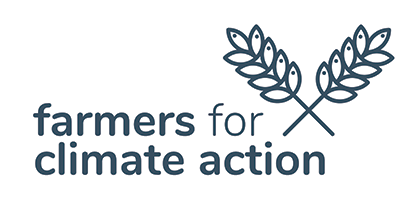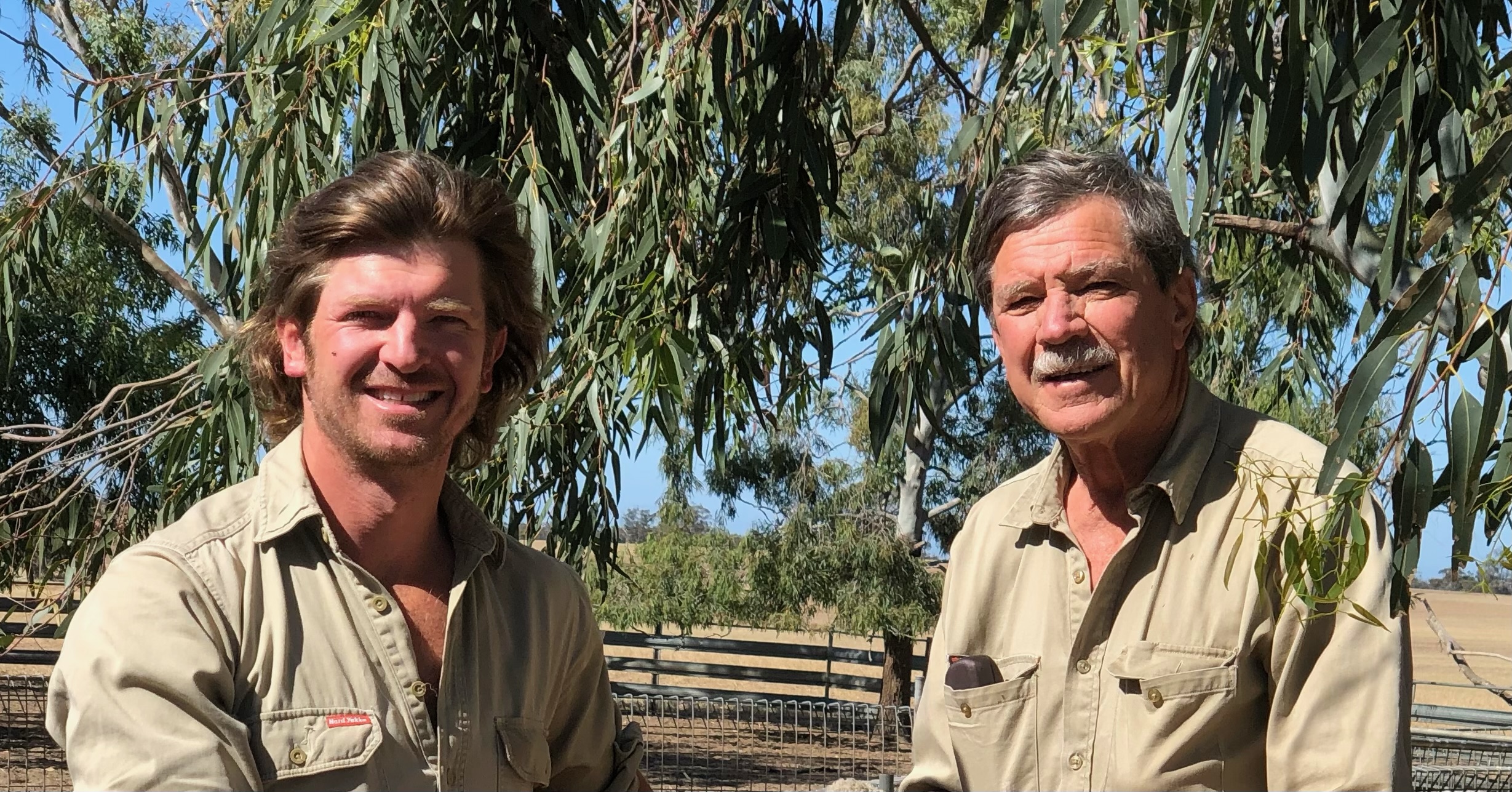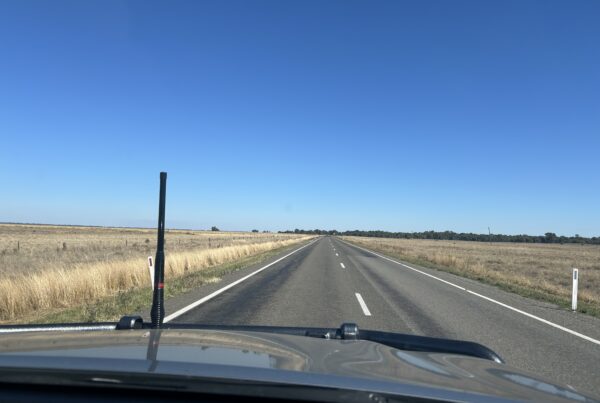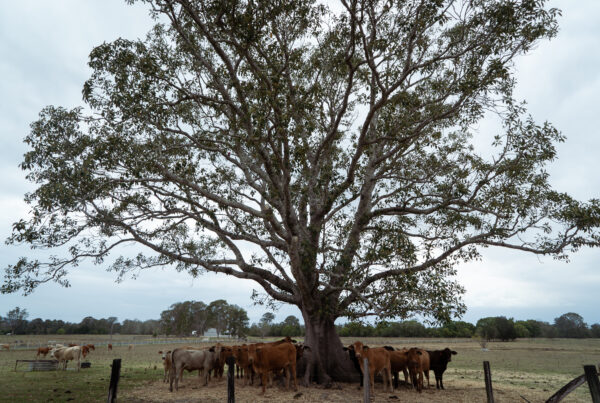25 January 2023
Committee Secretary
Senate Standing Committees on Environment and Communications
PO Box 6100
Parliament House
Canberra ACT 2600
Dear Committee Secretary,
RE: Safeguard Mechanisms (Crediting) Amendment Bill 2022
Farmers for Climate Action thanks the Environment and Communications Legislation Committee for the opportunity to provide comment on the Safeguard Mechanisms (Crediting) Amendment Bill 2022.
Farmers for Climate Action is a movement of farmers, agricultural leaders and rural Australians working to ensure Australia adopts strong economy-wide climate policies and realises a prosperous and sustainable future, full of opportunity for farmers and farming communities. We represent 7,500 farmer members across Australia, and our supporter base includes over 35,000 Australians committed to economy wide climate action.
We would like to take this opportunity to express our thanks to the new Government and Parliament for the rapid movement to adopt stronger climate policies over the last year.
We are concerned that the Government’s approach to reforming the Safeguard Mechanism, though a significant step forward, will not go far enough to address the scale of actual emissions reduction required. In this submission we outline questions and concerns we have with the Bill and Safeguard Mechanism proposal, and seek the committee’s consideration of these in their report and recommendations to the Senate.
Summary of our concerns:
- Emissions reductions must be prioritised first and foremost – the scheme is too flexible with too many caveats and loopholes.
- Unlimited use of offsets poses an unknown risk to agriculture and food security.
- Safeguard Mechanism Credits (SMCs) can only be effective if baselines are tightly enforced and progressively lowered in line with strong targets.
Australian farmers have shown that agriculture is ready and able to lead when it comes to reducing emissions. The report we commissioned from Ernst & Young found that with the right policy support Australian agriculture can easily achieve net zero emissions by 2040. But deep and actual emissions reductions are needed across all sectors of the economy. Other sectors need to play their part and rapidly reduce emissions. Ensuring an effective Safeguard Mechanism is one of the most important policy levers currently proposed to achieve this.
By failing to make a significant cut to actual emissions in heavy industry, greater pressure is put on the agriculture sector to reduce difficult to abate emissions, while also producing the offsets to allow Australia to meet its emissions targets and growing Australia’s food supply in a rapidly changing climate. Agriculture is being asked to clean up everyone else’s mess.
- Emissions reduction first and foremost
The facilities within the Safeguard Mechanism account for 28% of Australia’s total emissions. The proposed changes provide significant scope to these facilities to avoid genuinely reducing their emissions in line with our international commitments.
To be consistent with Australia’s legislated, economy-wide target, the industrial sector’s fair share of emissions reduction should be a 43% reduction between 2005 and 2030. Based on FY21 emission levels of 137 Mt CO2e, this would require annual reductions of 10 Mt CO2e, or 7.3% of FY21 emission levels. The 4.9% reduction is not sufficient, and is further reduced for trade exposed industries.
In addition, the following elements when combined lead to a weak policy with many loopholes and ways for industry to avoid actual emissions reduction:
- unlimited offsets;
- trade exposed exemptions and grants;
- baselines that account for emissions intensity;
- minimal restrictions on new entrants;
- multi year monitoring periods; and
- $75 cap on carbon credits, distorting the market.
Australia is getting dangerously close to using all of an equitable carbon budget. We cannot afford to allow so many loopholes and accounting tricks to avoid actual emissions reduction.
In addition, it’s widely accepted that no new fossil fuel projects are viable if the world is to keep within the goal of limiting global warming to 2°C. Accordingly, the limitations on new entrants to the scheme do not go far enough. There can be no new fossil fuel projects as part of the Safeguard Mechanism if Australia is committed to the Paris Agreement.
- Unlimited use of offsets
Allowing unlimited offsets poses a significant risk to the agriculture sector, rural communities and the effectiveness of Australia’s climate policies into the future.
The concept of net zero emissions has led to an overreliance on offsets to cheaply avoid reducing emissions. This has created false equivalencies between the tonne of carbon emitted and the tonne of carbon purchased as an offset, a conflation of ideas that is locking in avoidable emissions. The policy settings must ensure that farmers and the land sector are not utilised by Safeguard Mechanism facilities to continue business as usual or to offset their way to net zero emissions in the long term.
It is unclear what consequences will arise from a significant increase in the demand for offsets, particularly land based. Already we are seeing fossil fuel companies buying farmland to plant carbon crops. If this trend continues, it may have a devastating impact on land prices, rural communities and food security.
Farmers for Climate Action envisages strong climate policies that support farmers and landowners to meaningfully engage in carbon farming in ways that work for them. This would allow farmers to select the areas of land they know are under-productive and to work with their landscape to not only increase carbon sequestration, but biodiversity as well. For a multi-benefit, high-functioning carbon market, the Government must provide the necessary tools that support rural landowners to make this a reality.
Given the commitment the Government has shown to engaging with industry to establish a system that works for them, a commensurate level of engagement and work with those potentially impacted by dramatic shifts in the carbon market should also be undertaken. It is essential that we understand what risks an unlimited carbon market, as proposed, will have on farmers, landowners and rural communities.
- Rigorous enforcement of Safeguard Mechanism Credits (SMCs)
Farmers for Climate Action acknowledges that the SMCs are a stronger policy method than offsets in this instance, as they reflect genuine abatement in line with Australia’s emissions reduction target. However, SMCs are only going to be an effective policy if baselines are tightly enforced and progressively lowered in line with strong targets. Currently, the baselines set for reduction of emissions until 2030 are not commensurate with the emissions from Safeguard Mechanism facilities or their ability to reduce them.
Following the findings of the Chubb Review, it is vital that the management of these credits occurs with integrity and transparency, ensuring that emissions reductions actually occur if a credit is generated. If not properly implemented, SMCs may provide just another way to cheaply avoid the crucial business of reducing emissions.
A representative for Farmers for Climate Action would welcome the opportunity to present to the Committee. We look forward to continuing to work constructively with the Government and all Parliamentarians to secure strong economy-wide climate policies that will protect Australia’s farming future.
Sincerely,
Georgia Webster
Acting CEO of Farmers for Climate Action







